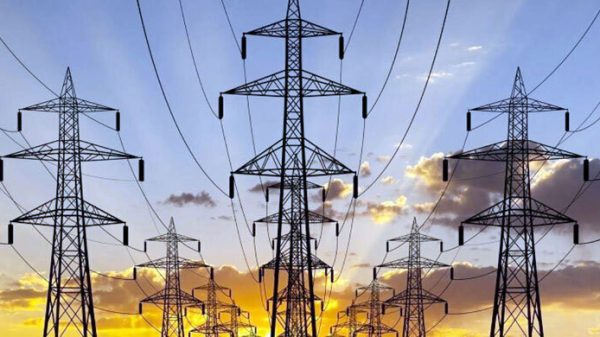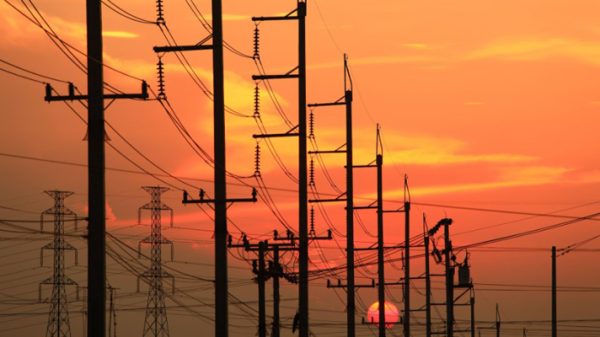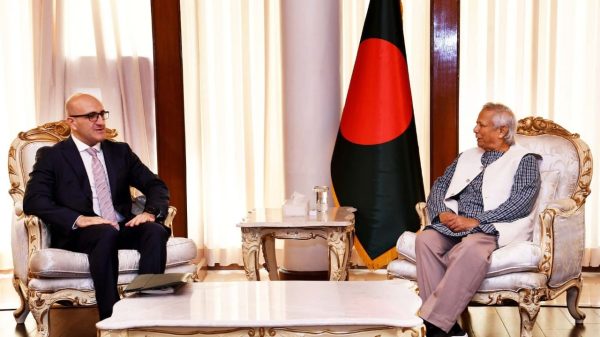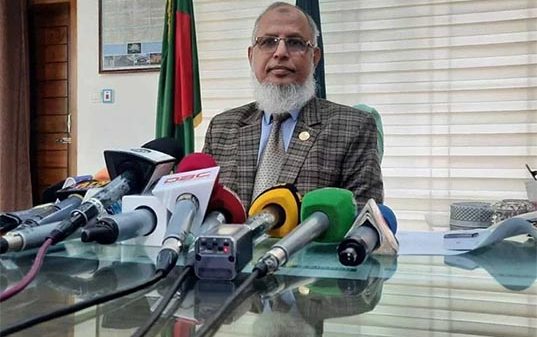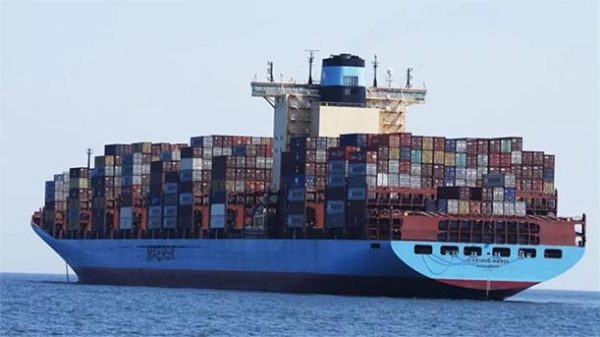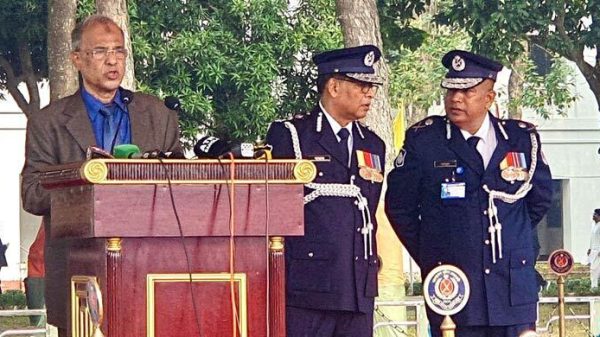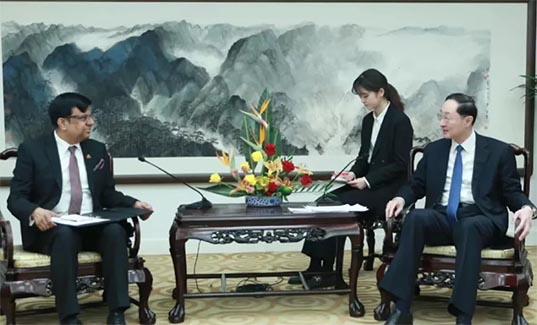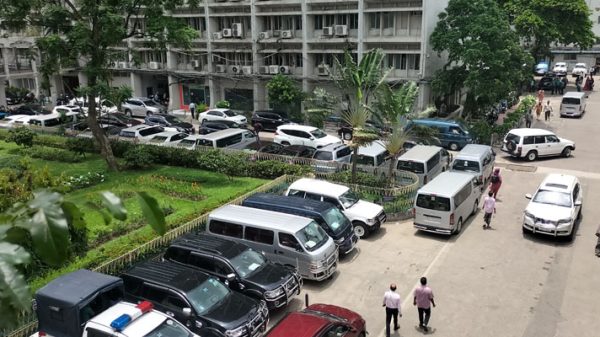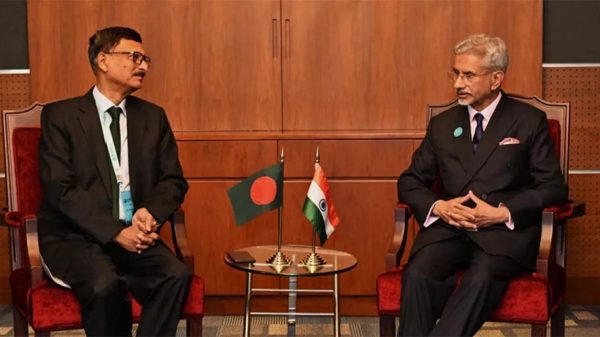Economy to bounce back by June next, hopes BB governor

- Update Time : Tuesday, 7 November, 2023, 02:48 pm
- 116 Time View
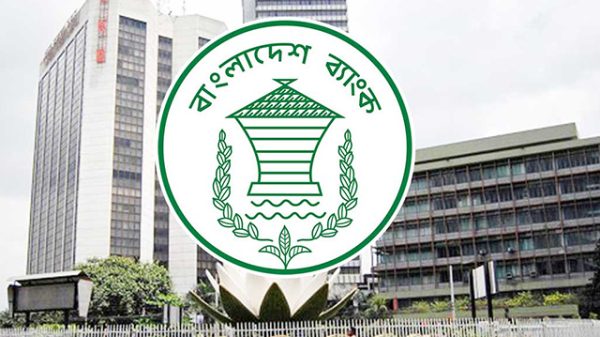
Online Desk: Central-bank Governor Abdur Rouf Talukder expressed hope on Monday that the country’s ailing economy would make a recovery by next June.
“There is nothing to worry about. We have passed the tough times and are now at the bottom line. There is no possibility of going further down,” he said.
“We are seeing a ray of hope at the end of the tunnel. We will bounce back by the end of this fiscal year,” the governor said at a view exchange meeting with the executive committee members of the Economic Reporters Forum (ERF) at his office.
The governor said the current account balance has already reached positive territory this quarter and he is hopeful that the financial account will start to become positive by next March and moderately positive by the end of June.
Mr Talukder said he met with the US Treasury secretary in Marrakech recently. The treasury secretary believes that the Fed funds rate will come down to 2.25 per cent by the end of this year and 2.0 per cent by March next year.
“From his comment, I assume that the Secured Overnight Financing Rate (SOFR) rate will decline after March and that once SOFR starts to decline, US dollars will start to flow into Bangladesh,” he noted.
The governor is hopeful that after the next general election, foreign direct investment will start to pour in and overseas development assistance disbursements will also increase.
“And, if US interest rates start to decline after March, our short-term credit and trade credit will continue to increase.”
“We have brought our current account to positive territory through self-imposed import restrictions,” he said.
In response to a query, the governor said it is undeniable that the import restrictions are causing some short-term damages.
But he claimed that no shops in any part of the city have empty shelves. “You will see that shops are full of products and people are buying.”
The governor said no village market has a lower supply of goods or perishables, although prices have increased and no goods or perishables are returned from there unsold. “Yes, prices have increased and people are suffering.”
He referred to an ongoing study by the Bangladesh Institute of Development Studies (BIDS), which found that people in the countryside are not feeling the effects of the economic crisis as much as city dwellers because supplies come to the cities from the villages.
“We have taken a number of measures to ensure that the supply chain is not disrupted,” he said. “If we can contain demand and increase supply, inflationary pressure will lessen significantly.”
Mr Talukder claimed that the country’s overall economy is doing very well, with strong fundamentals. He said the International Monetary Fund (IMF) agreed to disburse the second tranche of a $4.7 billion loan despite Bangladesh’s failure to meet targets on foreign exchange reserves and revenue earnings, due to the country’s sound economic fundamentals.
The governor said Bangladesh’s economy has two main challenges — high inflation and the exchange rate.
“We have set a target to bring down the inflation rate to 8 per cent by December and 6.5 per cent by June. If we can achieve this, we can say that we have bounced back to our previous position,” he said.
On the exchange rate, the governor said, “We will move to a crawling peg within a band, for which the IMF will provide technical assistance. We will do this when our financial account starts to perform well. I will remain in a crawling peg for one or two years and when I see that our position has returned to like it was in the past, we will move to a market-based exchange rate.”
A crawling peg is a system of exchange rate adjustments in which a currency with a fixed exchange rate is allowed to fluctuate within a band of rates. The par value of the stated currency and the band of rates may also be adjusted frequently, particularly in times of high exchange rate volatility, according to investopedia.com.
The governor said the IMF still forecasts economic growth of 6 per cent for Bangladesh in the current fiscal year, while the World Bank forecasts 5.5 per cent and the Asian Development Bank forecasts 6.5 per cent.
“Despite huge odds, they are talking about such growth prospects because our fundamentals are good,” he said.
On the price hike of essential goods, the governor said, “We have no problem on the supply side. The problem is being created by syndication and price manipulation.”
Finance Division Secretary Dr Khairuzzaman Mozumder expressed hope that the rate of inflation would not go up any further and that it may return to its previous level by next December.
Financial Institution Division Secretary Sheikh Mohammad Salim Ullah, among others, also spoke at the event.

